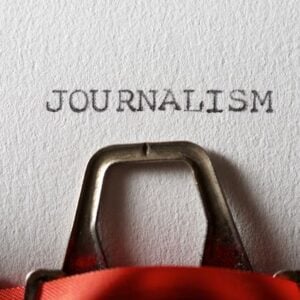Journalists in Yemen are facing escalating dangers, with warring factions systematically targeting them through arbitrary detentions, enforced disappearances, torture, and intimidation. This crackdown severely curtails freedom of expression, forcing many journalists to flee the country or self-censor their reporting.
Key Takeaways
- Warring parties in Yemen, including the Houthis, Southern Transitional Council (STC), and the Yemeni government, are committing serious human rights violations against journalists.
- Violations include arbitrary detention, enforced disappearances, torture, and other inhumane treatment.
- Media institutions are being seized and shut down, further limiting press freedom.
- Journalists face intimidation, harassment, and obstruction of their work, including at checkpoints and through baseless legal actions.
- Detaining family members is used as leverage against journalists.
Systematic Violations Against Journalists
Human Rights Watch reports that Yemen’s warring factions have engaged in a pattern of systematic violations against journalists and media institutions. These abuses encompass arbitrary detentions, enforced disappearances, torture, and other cruel treatment. The Houthis, the STC, and the Yemeni government are all implicated in these widespread human rights abuses.
Torture and Inhuman Treatment
Released journalists have recounted severe torture and ill-treatment in detention, with authorities allegedly employing brutal tactics to instill fear and silence critical reporting. One journalist was told by a Houthi prison official, "We pray to God by torturing journalists." Detainees have described beatings, suffocation, sleep deprivation, and threats of execution.
Intimidation and Obstruction
Journalists face constant intimidation, including surveillance and threats of arrest for even minor social media posts critical of authorities. Freedom of movement is severely restricted, with journalists fearing harassment and detention at checkpoints and airports. Many resort to using pseudonyms or limiting their reporting to avoid becoming targets.
Seizure of Media Institutions
Several major media outlets have been seized or shut down by the Houthis and the STC. This includes institutions like Yemen Live for Media Production and Satellite Broadcasting, Sawt al-Yemen, SABA News Agency, and the Yemeni Journalists Syndicate. These actions aim to control the narrative and suppress independent reporting.
International Condemnation and Calls for Action
International human rights organizations are calling on UN member states to raise these violations at the UN Human Rights Council. Recommendations include demanding the immediate release of all arbitrarily detained journalists and urging Yemeni authorities to end these abusive practices. The international community is urged to hold warring parties accountable for their actions against the press.
Sources
- Yemen: Journalists Under Assault | Human Rights Watch, Human Rights Watch.
- Abdalle Mumin v. Somalia: Somali Authorities Target Journalist for Activism, Robert F. Kennedy Human Rights.
- “We Pray to God by Torturing Journalists”: Warring Parties’ Systematic Violations Against Journalists and
Press Freedom in Yemen, Human Rights Watch.







